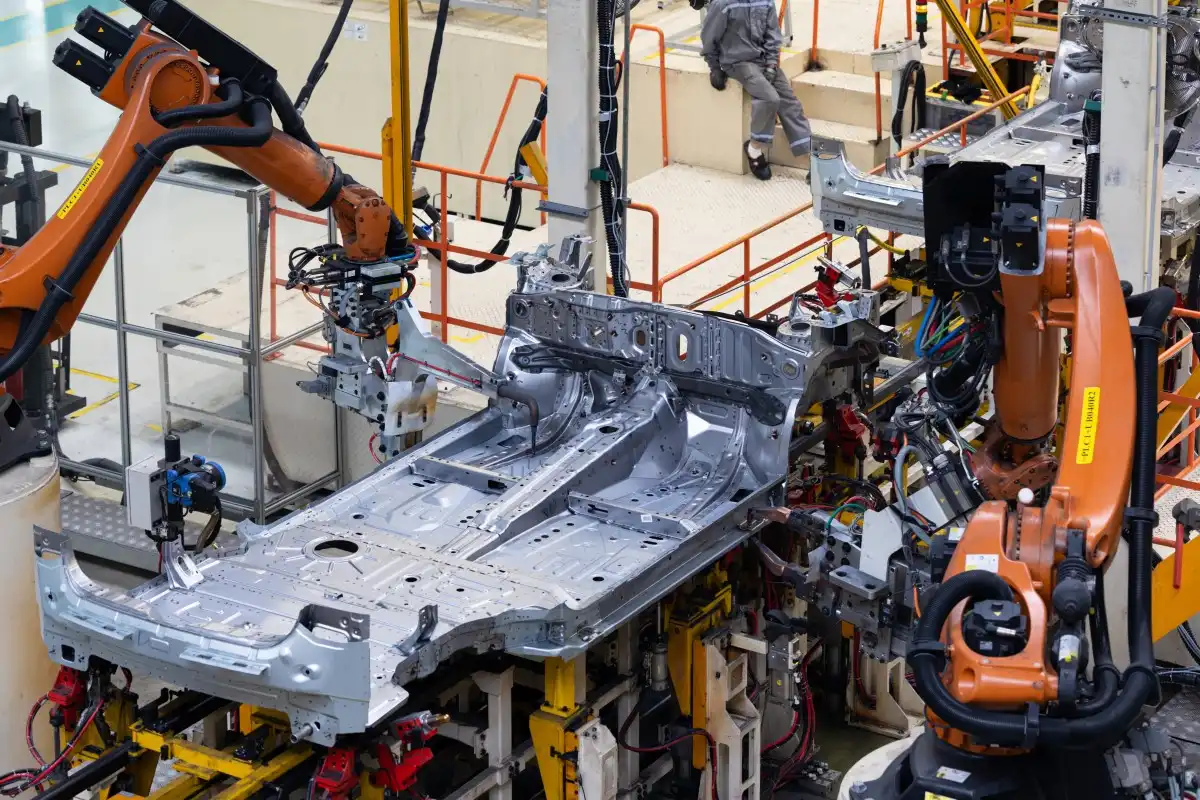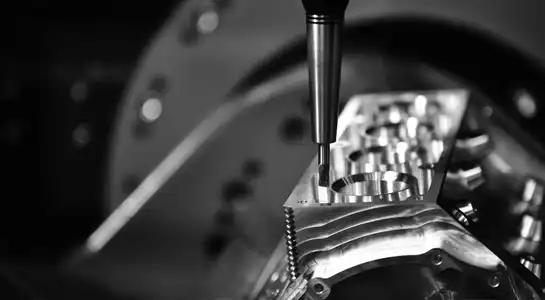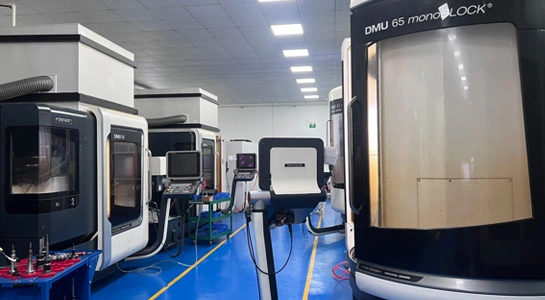Enhancing Product Quality and Performance
Identifying and Resolving Design Flaws
One of the primary benefits of pre-production runs is the opportunity to identify and resolve design flaws before full-scale manufacturing begins. During this phase, engineers and designers can closely examine the product in a real-world production environment, uncovering potential issues that may not have been apparent in computer simulations or prototypes. This hands-on approach allows for quick iterations and refinements, ensuring that the final product meets or exceeds quality standards.
For instance, a pre-production run might reveal that a certain component doesn't fit as precisely as intended, or that a particular material behaves differently under actual manufacturing conditions. By addressing these issues early, companies can avoid costly recalls or redesigns down the line, ultimately delivering a higher-quality product to consumers.
Optimizing Material Selection and Usage
Pre-production runs provide valuable insights into material performance and behavior during the manufacturing process. This allows product developers to fine-tune their material selections, potentially identifying more cost-effective or better-performing alternatives. By testing different materials or compositions, companies can optimize their products for durability, functionality, and cost-efficiency.
For example, a pre-production run might reveal that a slightly different plastic formulation offers improved heat resistance without significantly increasing costs. This knowledge can be invaluable in creating a product that not only meets but exceeds customer expectations.

Enhancing Product Functionality and User Experience
Beyond addressing technical issues, pre-production runs allow companies to assess and improve the overall functionality and user experience of their products. By producing a small batch of products that closely resemble the final version, businesses can conduct thorough testing and gather feedback from potential users or focus groups.
This real-world testing can uncover usability issues or opportunities for improvement that may not have been apparent in earlier stages of development. For instance, a pre-production run of a new electronic device might reveal that the button placement is not as intuitive as initially thought, allowing for adjustments before mass production begins.
Streamlining Manufacturing Processes and Efficiency
Optimizing Production Workflows
Pre-production runs offer an excellent opportunity to fine-tune manufacturing processes and workflows. By simulating full-scale production on a smaller scale, companies can identify bottlenecks, inefficiencies, and areas for improvement in their manufacturing processes. This allows for the optimization of production lines, resulting in increased efficiency and reduced costs when full-scale production begins.
For example, during a pre-production run, a company might discover that reorganizing the assembly line layout can significantly reduce production time. These insights can lead to substantial cost savings and improved productivity in the long run.
Training and Preparing the Workforce
Another significant benefit of pre-production runs is the opportunity to train and prepare the workforce for full-scale manufacturing. These trial runs allow production staff to familiarize themselves with new equipment, processes, and quality control measures in a lower-pressure environment. This hands-on experience can greatly reduce the learning curve and minimize errors when full production begins.
Additionally, pre-production runs provide an opportunity to identify any skill gaps or training needs within the workforce. This allows companies to address these issues proactively, ensuring that their team is fully prepared for the challenges of mass production.
Refining Quality Control Processes
Pre-production runs are an ideal time to establish and refine quality control processes. By producing a smaller batch of products, quality control teams can develop and test their inspection procedures, ensuring that they are thorough and effective. This process helps identify potential quality issues early on and allows for the implementation of robust quality assurance measures before full-scale production begins.
For instance, during a pre-production run, a company might discover that certain defects are more common than anticipated. This knowledge allows them to implement additional quality checks or modify their production processes to minimize these issues in the future.
Mitigating Risks and Reducing Costs
Minimizing the Risk of Large-Scale Production Issues
One of the most significant benefits of pre-production runs is the ability to identify and address potential issues before they become costly problems in large-scale production. By conducting these small-scale trial runs, companies can uncover and resolve manufacturing challenges, design flaws, or material issues that might otherwise lead to expensive recalls, product failures, or production delays.
For example, a pre-production run might reveal that a particular component is prone to failure under certain conditions. By identifying this issue early, the company can redesign the component or source a more reliable alternative, potentially saving millions in recall costs and preserving their brand reputation.
Accurate Cost Estimation and Budgeting
Pre-production runs provide valuable data for more accurate cost estimation and budgeting. By simulating the actual production process, companies can get a clearer picture of the true costs associated with manufacturing their product. This includes material costs, labor requirements, production time, and potential waste or scrap rates.
This information allows for more precise financial planning and can help companies make informed decisions about pricing, production volumes, and potential cost-saving measures. It can also help identify areas where investments in equipment or process improvements might yield significant long-term savings.

Reducing Time-to-Market
While it might seem counterintuitive, investing time in pre-production runs can actually reduce overall time-to-market. By identifying and resolving issues early in the development process, companies can avoid time-consuming redesigns or manufacturing problems that could delay product launches.
Moreover, the insights gained from pre-production runs can help streamline the transition to full-scale production, reducing ramp-up time and allowing for a smoother, more efficient launch. This can be particularly crucial in competitive markets where being first to market can provide a significant advantage.
Conclusion
Pre-production runs are an invaluable tool in the product development process, offering numerous benefits that can significantly impact a product's success. By enhancing product quality, streamlining manufacturing processes, and mitigating risks, these trial productions pave the way for smoother launches and improved overall product performance. While they require an initial investment of time and resources, the long-term benefits of pre-production runs far outweigh the costs, making them an essential step for any company committed to delivering high-quality, competitive products in today's fast-paced market.
FAQs
1. How long does a typical pre-production run take?
The duration varies depending on product complexity, but it usually ranges from a few days to several weeks.
2. Are pre-production runs necessary for all types of products?
While beneficial for most products, they're especially crucial for complex or high-volume items.
3. How many units are typically produced in a pre-production run?
It varies, but generally ranges from 50 to 500 units, depending on the product and industry.
4. Can pre-production runs help with regulatory compliance?
Yes, they can help identify and address potential compliance issues before full-scale production.
Expert Pre-Production Run Services | BOEN
At BOEN Prototype, we specialize in high-quality pre-production runs for a wide range of industries. Our expertise in prototyping and low-volume production in plastic and metal materials makes us the ideal partner for your product development needs. With our state-of-the-art facilities and experienced team, we ensure smooth, efficient pre-production runs that set your product up for success. Contact us at contact@boenrapid.com to learn how we can support your next project.
References
Smith, J. (2022). "The Role of Pre-Production in Modern Manufacturing". Journal of Industrial Engineering, 45(3), 112-128.
Johnson, A. & Lee, S. (2021). "Cost-Benefit Analysis of Pre-Production Runs". International Journal of Production Economics, 233, 108-121.
Brown, R. (2023). "Optimizing Quality Control Through Pre-Production Processes". Quality Management Journal, 30(2), 76-92.
Garcia, M. et al. (2022). "Impact of Pre-Production on Time-to-Market in the Tech Industry". IEEE Transactions on Engineering Management, 69(4), 1023-1035.
Wilson, K. (2021). "Pre-Production Strategies for Risk Mitigation in Product Development". Risk Analysis, 41(8), 1456-1470.
Taylor, L. & Patel, N. (2023). "Enhancing Product Performance through Pre-Production Trials". Journal of Product Innovation Management, 40(2), 201-215.





